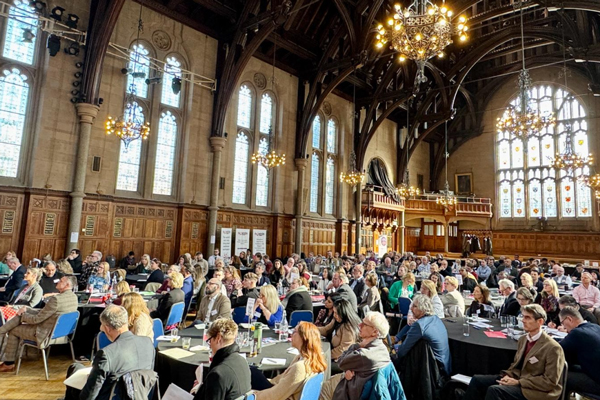A one-day seminar held by the Fire Protection Association.
The recently published Hackitt Independent Review of Building Regulations and Fire Safety makes recommendations for the prescribed use of building information modelling systems to assist in ensuring that building owners and occupiers are fully aware of the nature and style of construction used and associated safety systems installed.
The FPA, the UK’s national fire safety organisation, is delivering a one-day seminar to discuss the benefits of such an approach. Alongside the steps that can be taken during maintenance, repair or refurbishment works, appropriate decision making ensures that standards of safety and resilience are not compromised.
For further details, see: https://www.thefpa.co.uk/training/training-courses_detail.c27-modern-methods-of-construction.html
For Resilience First members there is a 10% discount using the code C27260918.


